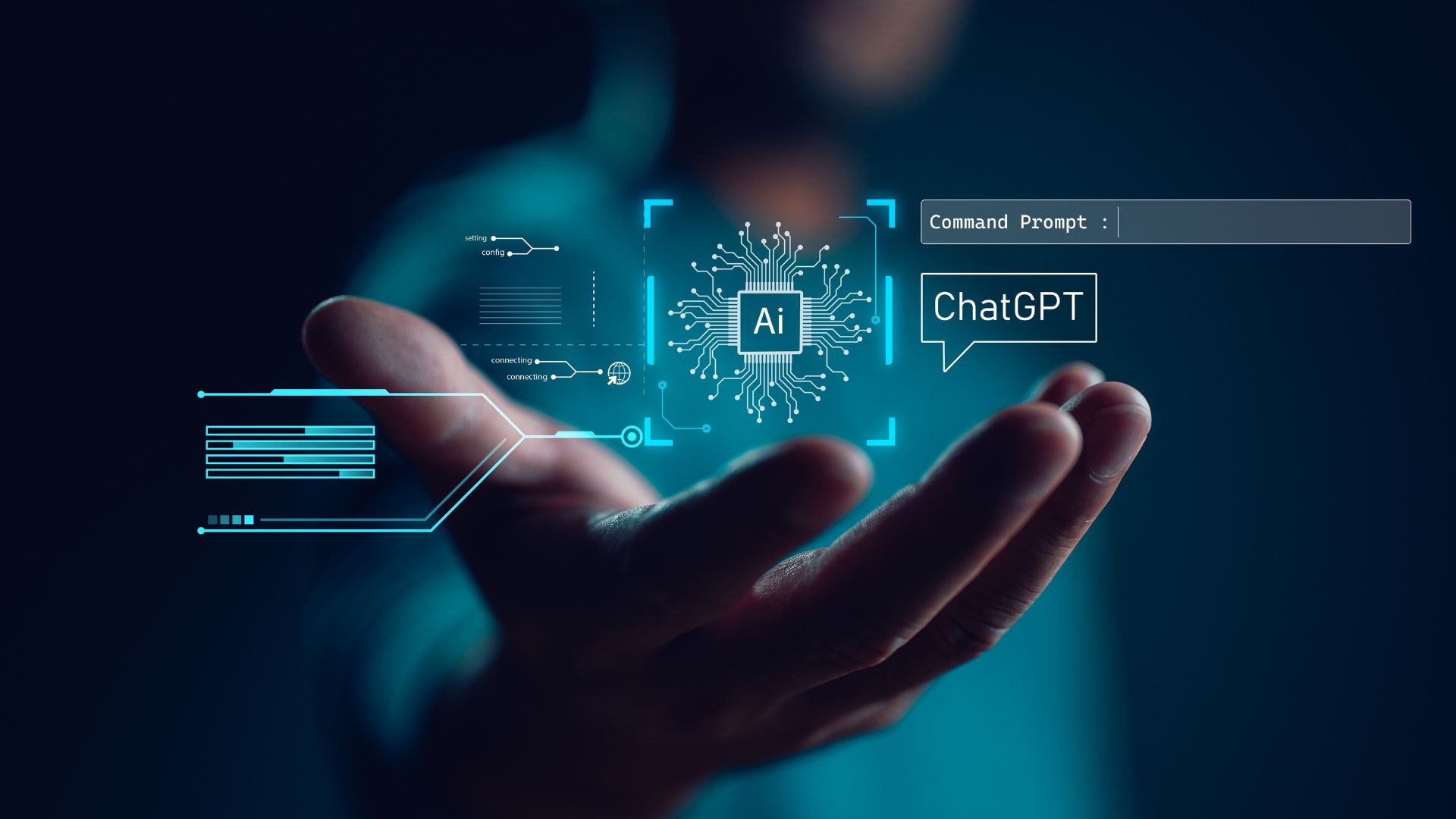
As workers continue to face mounting pressures surrounding productivity, many are starting to embrace artificial intelligence as a means of improving efficiency, new research has claimed.
A PwC survey revealed nearly three in five (57%) UK employees now believe generative AI tools could improve their efficiency, marking a significant uplift from one in five (19%) in last year’s report.
The huge uptick in AI interest could be related to shifting landscapes – nearly two-thirds (60%) experienced more change at work in the past year compared with previous years, with 41% noting increased workloads.
Workers are starting to accept AI at work
PwC’s survey covered 56,600 workers in 50 countries, including 2,000 from the UK, finding nearly half (45%) of the surveyed workers noted feeling overwhelmed by the pace of change, with a similar number (40%) failing to understand why these changes were necessary.
However, in a bid to keep up with the workplace evolution, three in four said that they’re prepared to adapt, and two in three (65%) are excited about new opportunities.
“Workers are telling us they’re motivated and ready to adapt to AI and other changes, but they’re also overwhelmed by nonstop disruption," noted PwC UK Head of Workforce Sarah Moore.
"Even positive change can be stressful when it’s coming from all angles. With a clear strategy, employers can help by equipping their workforce with the knowledge and skills to adapt.”
In its report, PwC refers to generative AI as a “positive disruptor,” citing its ability to improve efficiency and help workers manage their workload.
However, on a global scale, the UK lags behind. Only 47% have used GenAI at work in the past year, compared with 61% overall. Even fewer use it daily or weekly (18%) compared with globally (28%).
PwC UK Workforce Transformation Partner Alastair Woods added: “Employers must engage employees in the transformation ahead and map out the new skills needed in key parts of the workforce.”
Looking ahead, the company puts the emphasis on both sides – workers need to “trust their leaders to guide them through critical change,” while employers must support workers by equipping them with relevant upskilling opportunities.
More from TechRadar Pro
- These are the best AI writers around
- Check out our roundup of the best productivity apps
- Microsoft says AI at work is here to stay — now we just need to work out how best to use it




.jpg?w=600)


